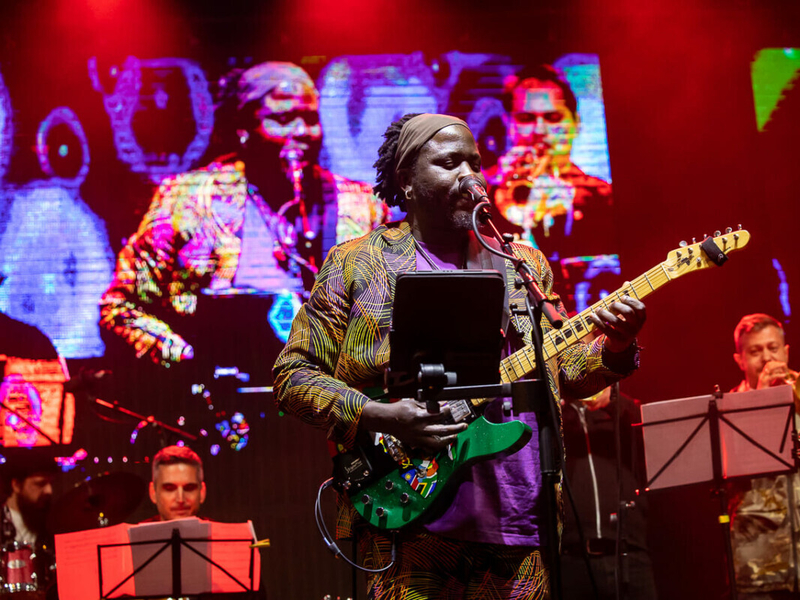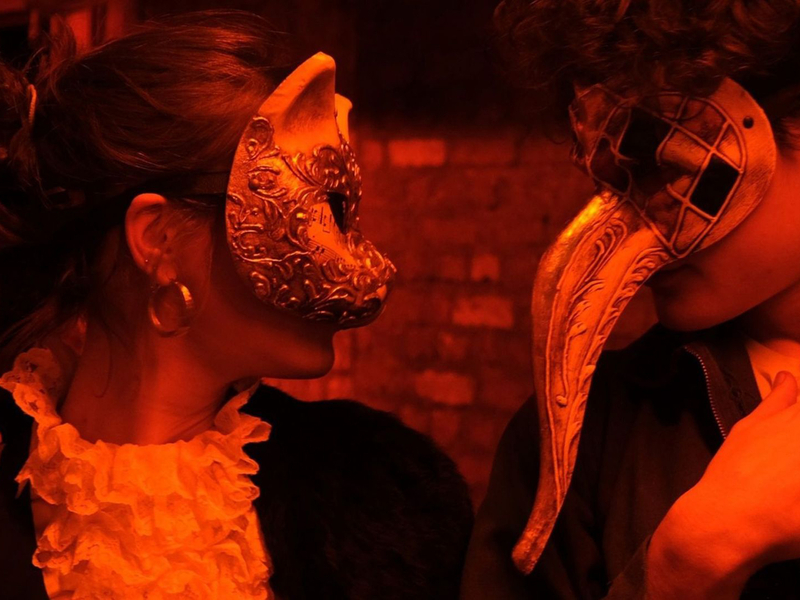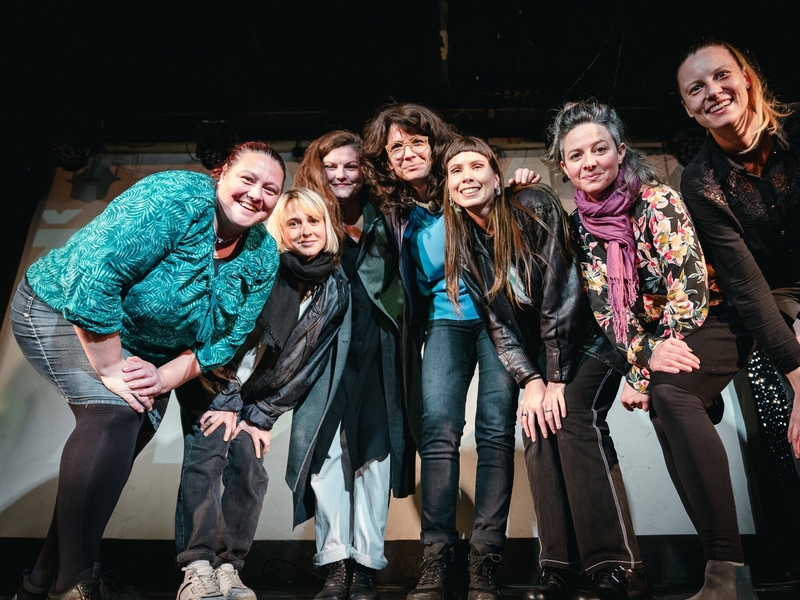Vukovar Film Festival - EFFE Laureate
Simon Mundy's interview with Artistic Director Dean Sinovčić
'It would be much easier to organise this festival on the Adriatic coast where almost every city has one but that is not the point,' says Artistic Director Dean Sinovčić. 'Here, 24 years after the war, things are still difficult and the festival is important.'
The war was the brutal breakup of Yugoslavia and Vukovar became a symbol of its crazed logic. Only 10% of its buildings were left undamaged when the army swept across the River Danube from Serbia and devastated the town, forcing its inhabitants to flee further into Croatia or abducting them. Many died. When I went there as part of a Council of Europe delegation in 1997 it was under UN Peacekeeping control. Only a few stunned people remained, augmented by equally stunned Serb settlers who had been promised wonderful new property and who found themselves in near ruins surrounded by landmines. My room in the only functioning hotel was riddled with bullet holes.
Since then much, though not enough, has changed. Many buildings have been restored and new ones built. A proportion of those forced out have returned but the town is scarred, physically and psychologically. The Danube is not now a divide between two Yugoslav Republics but between the European Union and Serbia. 'Now Croatia is in the EU many young people have left – mainly for Ireland, Austria and Germany,' Dean told me. Vukovar's population has dropped by a third to about 18000.
The Film Festival week has been running for 13 years and is a chance to change the narrative. 'A guy born in 1995 doesn't care now about that history, he cares about films and music, so that is what we give,' Dean says, pointing out that there are rock concerts as well as films during the festival. As with many film festivals there is a competitive element but it also gives viewers an early chance to catch up with the winners of the Cannes and Berlin Festivals that would otherwise find it hard to get a screening in such a remote location.
These days Dean has a reasonable number of venues to play with. There are terraces seating around 400 on the new water company's offices and in the grounds of the 18th century castle. Then a German company has recently opened a 3 screen 'miniplex' of 200 seats each. The audience is not surprisingly mainly local but Dean reports there are an increasing number of visitors from Zagreb and upriver in Hungary and, most encouragingly, over 100 from Serbia – a very short distance by boat but a long way mentally.
The big challenge for the town now is economics because it has missed out on the benefits of tourism that have boosted the Istrian and Dalmatian parts of Croatia. 'The atmosphere in Vukovar is definitely not perfect but it is much better, especially if you are young. We are a politics-free festival – no speeches – and we hope things keep improving.'
Note from the EFFE International Jury
Vukovar, on the Croatian bank of the Danube, was almost totally destroyed by war in the 1990s and has been looking to come back to life ever since. The summer Film Festival, with many screenings in the open air, makes this regeneration visible by using the locations around the town including the Danube itself and a reconstructed monastery as well as the new cultural centre and cinema spaces opened this century.
04 July 2019 - 07 July 2019
Vukovar, Crotia


